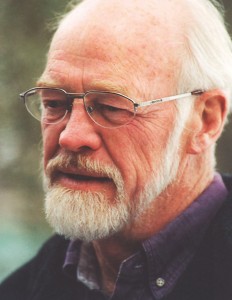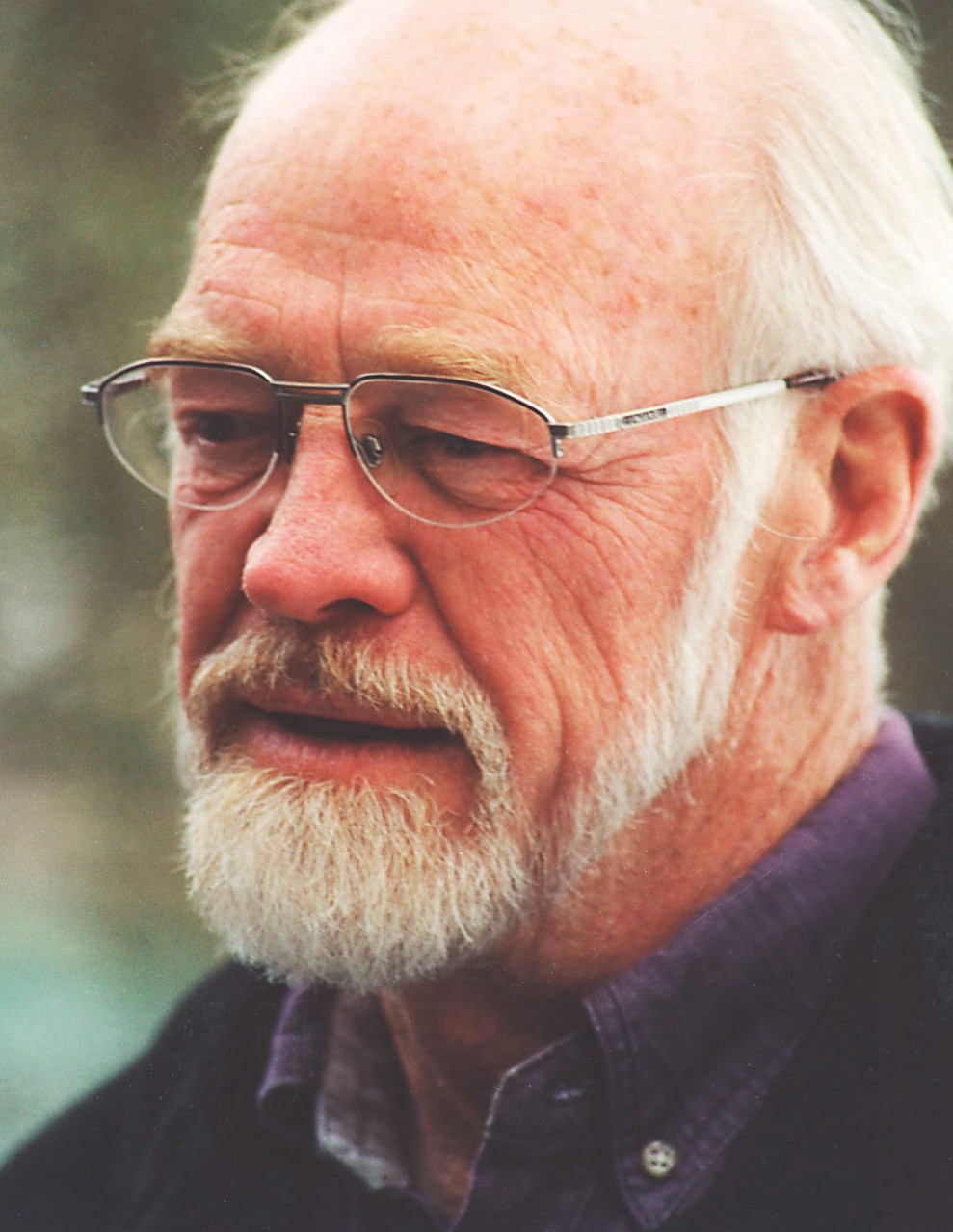…he is best known for translating The Message …. EUGENE PETERSON served for 29 years as pastor of Christ Our King Presbyterian Church in Bel Air, Maryland. He has written numerous books about Christian life and pastoral ministry, but he is best known for translating the Bible into the contemporary language of The Message.
DJ: What keeps your relationship with God alive?
Eugene: The short answer is God: Father, Son, and Holy Spirit. It took me a long time to start living this. I was immersed in a Christian culture that dumped advice on me nonstop about how to maintain a “vital” relationship with God. And I did everything anybody told me to do. I got prett y good at it. But the better I got at it the more my relationship with God suffered.
y good at it. But the better I got at it the more my relationship with God suffered.
Gradually I began to understand what the church had been teaching for centuries, namely, that it is God’s nature to seek us out and draw us into participation with what He is doing. I realized that He was a lot more interested in my relationship with Him than I was. I relaxed. I began to cultivate quiet, listening, and ordinary obedience. The less interested I became in “keeping my relationship with God alive,” the more I was able to notice and participate in what God was doing to keep me in relationship with Him.
DJ: What spiritual practice has most shaped your walk with God?
Eugene: Keeping a weekly Sabbath—a day my wife and I define as “praying and laying.” A day we don’t do anything that has to be done. When we realized that the command to keep a Sabbath is one of the most repeated in Scripture and yet the most ignored in our culture, we had to readjust radically the way we were living. No other decision has made as much difference to our lives across the board. It has impacted our marriage, children, church life, friendships, writing . . . the works. Sabbath-keeping shifted our attention from what we were doing for God to what God was doing for us. Our work became subsumed in His.
DJ: Who was influential in your spiritual growth?
Eugene: My father and mother were the primary influences in my life for 17 years. They provided security and stability, and they lived the Christian life in ways that gave me something to look up to. But they didn’t expect me to copy them. They trusted me to develop in “spirit and in truth” in my own ways. I’ve never departed far from the habits I had learned in their keeping. I never had to rebel or get rid of “baggage.” That was a great gift.
DJ: In your experience, what has been key to effective ministry?
Eugene: When I became a pastor, I didn’t know how to pastor. I deliberately schooled myself in pastoral traditions of the last 2,000 years, and I sought to develop a scriptural perspective on the ministry. It didn’t take me long to realize that virtually everything in Scripture is rooted in particular places and deals with named people—no lofty abstractions, no sweeping generalities. I decided that I had to stay as long as possible in my congregation in order to work out—over the long haul—what it meant to be a community of sinners saved by grace. And my work had to be personal—hand-to-hand, face-to-face. The size of my congregation had to be such that I could know everyone’s name and visit everyone in his home.
DJ: What aspect of pastoring did you enjoy most?
Eugene: As a pastor, you’re caught up in a kind of rhythm that works off the pulse of the gospel itself. Men and women keep getting saved, keep sinning, keep disappointing you, keep surprising you. To be able to call a congregation to worship God every week, lead them in prayers and in listening to God’s Word, and then live with them through the next six days with those prayers and words permeating the world in which we are living together is a magnificent way to live. I’m glad I got to do it.
Used by permission of Discipleship Journal. Copyright © July/August 2006, Issue 154, The Navigators. Used by permission of NavPress. All rights reserved. www.navpress.com

